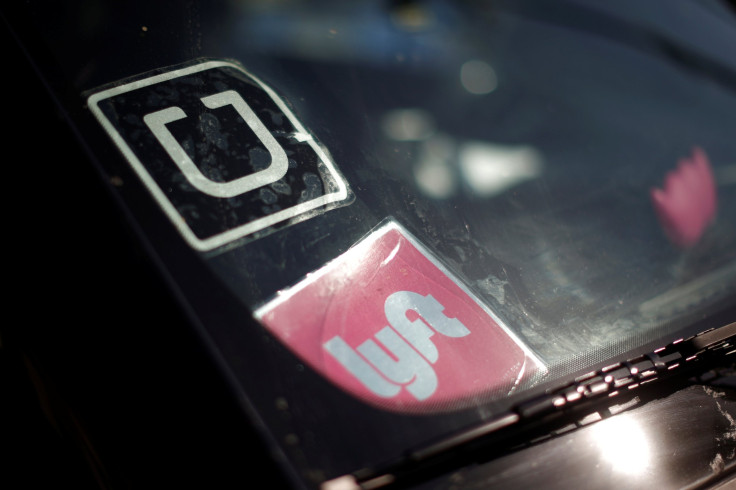Lyft Gains On Uber, Raises $500 Million While Larger Rival Faces Turmoil

Lyft and Uber are the two leading ride-hailing companies in the U.S., but they seem to have been charting entirely different courses in the market. While Uber, the larger company of the two, seems to be embroiled in crisis, Lyft is slowly yet steadily matching pace with its rival. The company has raised $500 billion in an undisclosed round of funding, bringing its total valuation to $7.5 billion, according to CNBC.
The company had previously raised an undisclosed amount from a single investor in an October 2016 round of funding. In December 2015, it raised $1 billion in Series F round of funding with General Motors being the lead investor.
The number is still miniscule compared to Uber’s $68 billion valuation, but given that Lyft was valued at $5.5 billion in 2015, according to research firm CB Insights, as cited by CNBC, the company is gradually making gains. The valuation is also impressive since Uber operates in 81 countries as a standalone company, while Lyft operates as a standalone company only in the U.S., with presence in nine other countries in alliance with other ride-hailing companies such as Didi in China and Ola in India.
Read: New Cities Added As #DeleteUber Protest Continues
It wouldn’t be wrong to call Uber the behemoth of the ride-hailing industry, but recent scandals have cost the company its reputation with hashtags like #DeleteUber doing the rounds following President Donald Trump’s immigration ban. Uber’s negative publicity has led to a surge in ride requests for Lyft, according to the New York Times.
Lyft has consciously been trying to carve out an identity, different from that of Uber — while Uber CEO Travis Kalanick was initially a part of President Trump’s tech industry team, Lyft donated $1 million to the American Civil Liberties Union to protest the immigration ban.
Read: Uber, Lyft Square Off In New Fundraising Rounds
The scenario couldn’t be envisioned a few years ago, when Uber was at the top. In 2014, Uber used tactics against its rival by asking its workers to book and then cancel more than 5,000 Lyft rides. However, Uber denied the allegations but did confess to have used similar recruitment initiatives in the past.
Lyft is Uber’s fiercest rival and it is interesting how things are playing out. One will have to wait and watch how the two companies battle it out in the market.
© Copyright IBTimes 2025. All rights reserved.




















